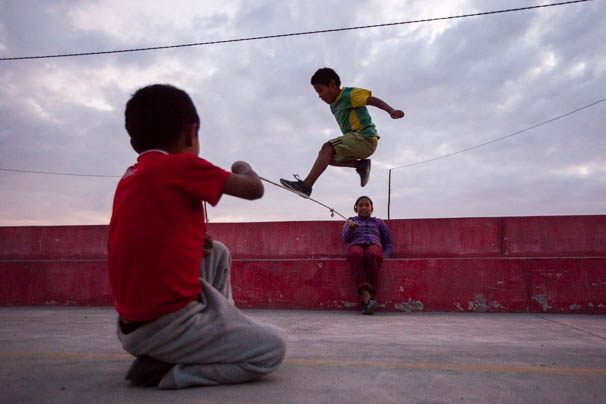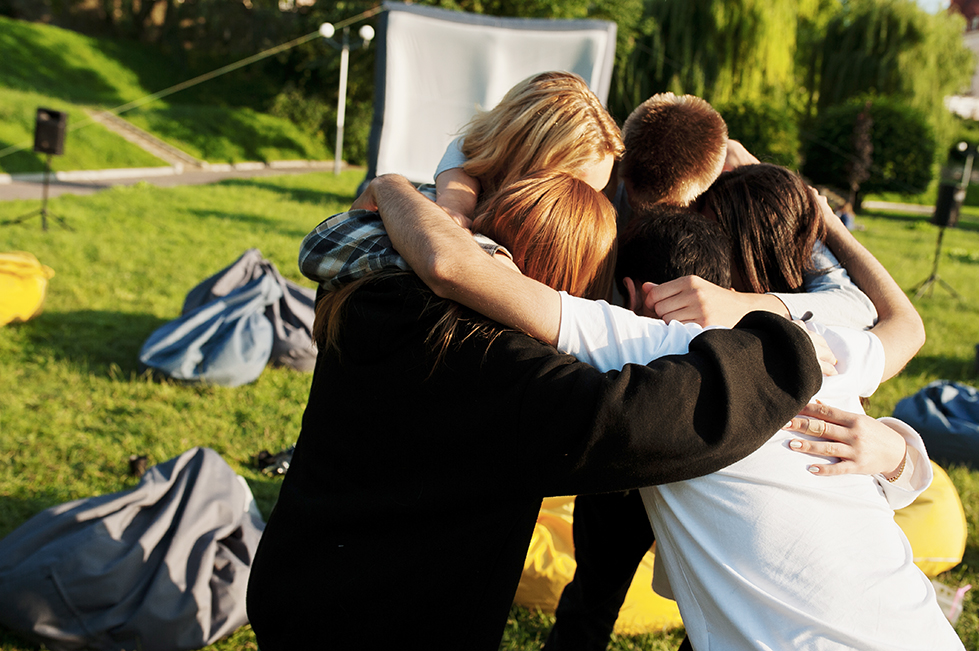
Ministry Updates
Helping Global Orphans: A Common-Sense Approach
July 17, 2014
by Mark Watson

We asked Dr. Albert Reyes, president and CEO of Buckner International, to share about how community development intersects with ministering to at-risk children and global orphans. This opinion column appeared in the summer 2014 issue of Horizons magazine.
The Problem With Institutional Orphan Care
If I earned a dollar every time I heard a well-intentioned Christian say, “I want to go to the mission field and start an orphanage,” I would have enough money to really make a difference for the more than 200 million orphans in the world today. While an orphanage is a better place than life on the street for children who are abandoned, neglected or abused, I wonder why institutional care rises to the top of the list of solutions for vulnerable children outside the United States.
What all children need is a healthy, safe and loving family to care for them. Isn’t that what we would want for our own children? Why does this common-sense approach escape us when serving vulnerable children in the global village? The world’s local churches are full of families that could provide homes for vulnerable children.
Dr. Dana Johnson, a professor of pediatrics and neonatology at the University of Minnesota and founder of that school’s International Adoption Clinic, says that orphanages produce negative affects on children. “Within an orphanage, during the first years of life, growth slows, the electrical activity of the brain diminishes, cognitive abilities decrease one IQ [per] month, language development lags, children fail to form a primary attachment relationship to caregivers and the likelihood of future mental illness increases dramatically,” he says.
The Solution is Community Based
Buckner International, a ministry I direct that began as an orphanage west of the Mississippi River in 1879, has transformed over time to advance the view that the best place for a child is in a home with a loving family, rather than in an institutional setting. Internationally, we provide foster group homes, foster care and kinship care to place children in healthy family environments. Families make room for vulnerable children and work everyday to redeem these precious lives, turning what was intended for harm into good.
Much like TEAM, we also work through various community development strategies to help strengthen families and their communities. Initiatives such as health care services, community children’s centers, and educational assistance all play a part directly and indirectly in improving the future for orphans — or preventing them from becoming orphans in the first place.
Truly helping the world’s at-risk children requires action at the individual, community and policy levels. One of my favorite people, Claudia Vergara de León, executive director of Buckner-Peru, recognizes this. She developed the first-ever foster care program in Lima, working diligently with the government’s Ministry of Women and Vulnerable Populations. In January, Vergara de León was instrumental in helping the Peruvian Congress unanimously pass a law guaranteeing the right of all Peruvian children to a family rather than care in an institution. She has written a book and trains groups in foster care all over Latin America.
Orphan Care Requires Open Hearts and Homes
Of course, there are many far simpler ways to serve the world’s orphans, and many of them are very accessible. First, we can see them as in our village, as part of our global neighborhood. Jesus said the whole law and the prophets could be reduced to loving God with all of our heart, soul, mind, and strength; and loving our neighbors as ourselves. We do this by providing homes, and by strengthening families so children can grow up in their family of origin. This is the right thing to do.
Some of the 200 million orphans live in your community. Would you open your home and become a forever family? Would you make it possible for a family to open their home for another child in the global village? You have heard that a mind is a terrible thing to waste. I would say a life is a terrible thing to waste.

